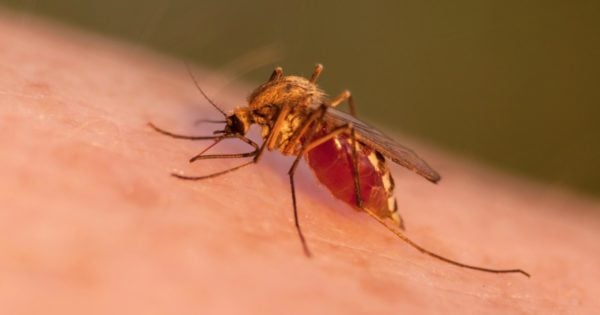
Richard Halfpenny, Staffordshire University
Surprisingly few of the more than 3,000 mosquito species actually specialise in biting humans.
Instead, most are opportunistic feeders – feeding when they are able and from lots of different sources. But Aedes aegypti and Anopheles gambiae are well known for their preference for human blood and their role as vectors which transmit disease in humans. Ae. aegypti has been linked to zika and dengue, while An. gambiae carries the parasite which causes malaria.
Not only do certain mosquito species show very strong preferences for obtaining their blood meals from humans, they also appear to discriminate between people when choosing their next meal. Personally, I’m lucky – I don’t tend to get bitten much. I’ve shared rooms with people who end up covered in bites while I escape with only a nibble or two. I’m sure you’ve noticed something similar, whichever side of the arrangement you might fall.
Although this is only an anecdote, it is backed up by research. So why is it happening? What factors might influence the mosquito’s choice?
There are many old wives’ tales on the matter, some more plausible than others. Some think that blood type, having fair skin, being sweaty and even eating foods with garlic or apple cider vinegar can influence biting rates one way or the other. There are plenty of these anecdotes and for the most part they don’t appear to have much influence when scientifically tested. But a great deal of research effort is spent on understanding mosquito feeding choices, primarily in the hope of manipulating their behaviour to control disease in humans.




Top Comments
One million bacteria per square cm of skin? I know that’s how it’s supposed to be, but suddenly I really want a shower!